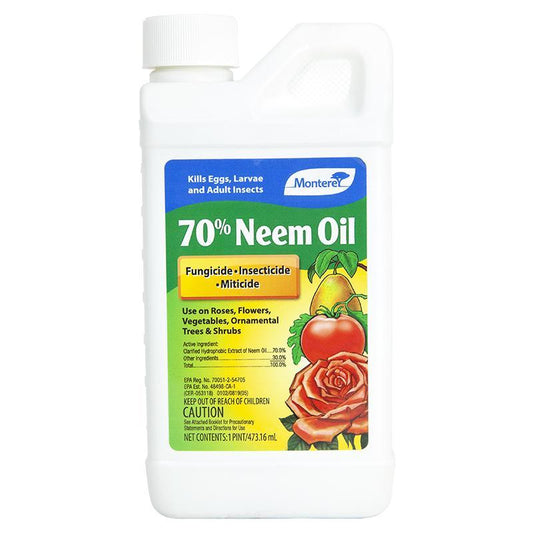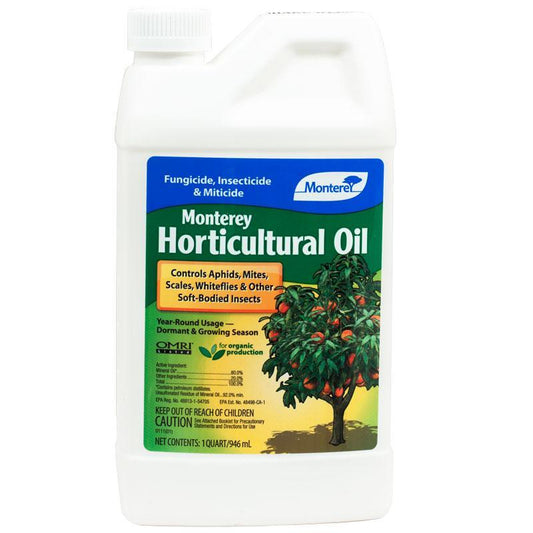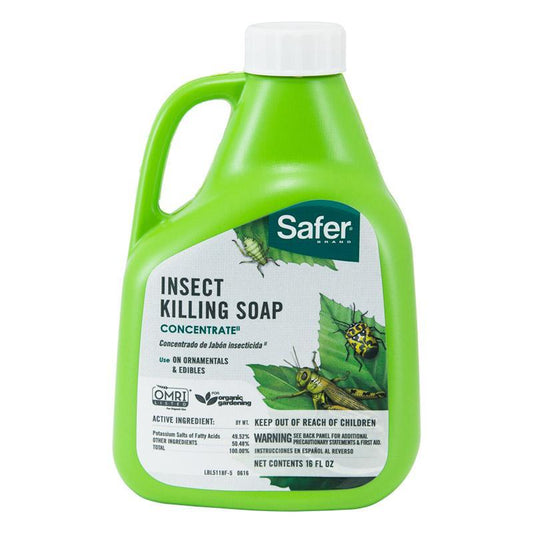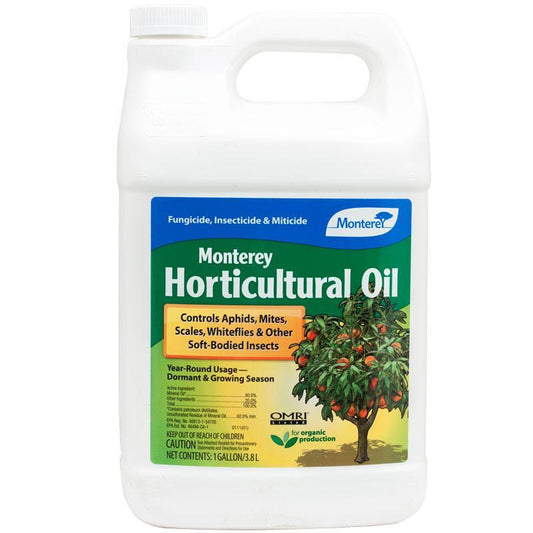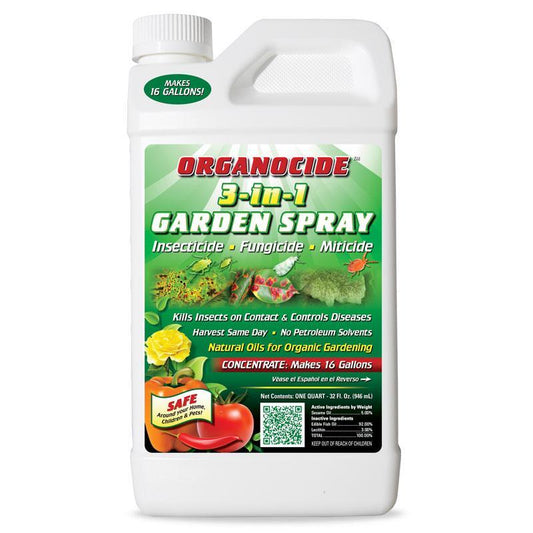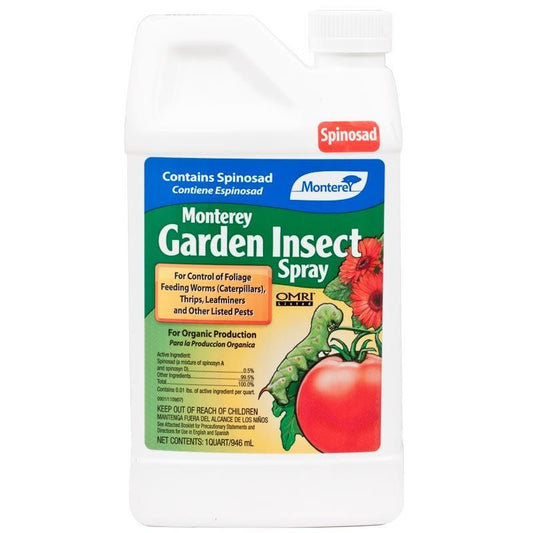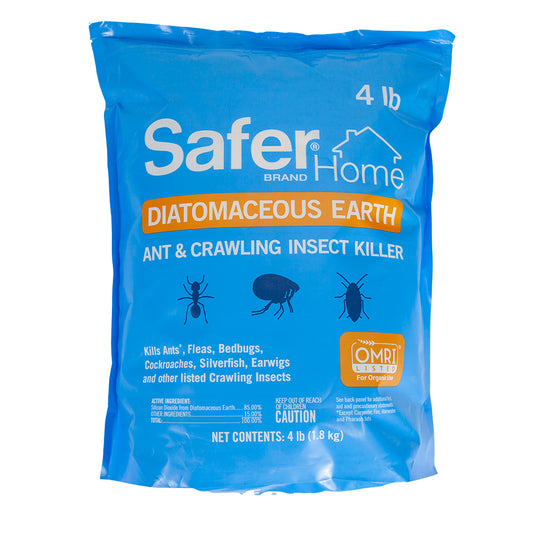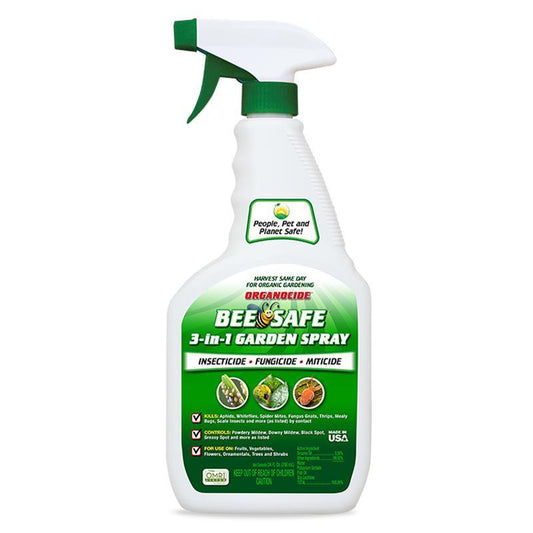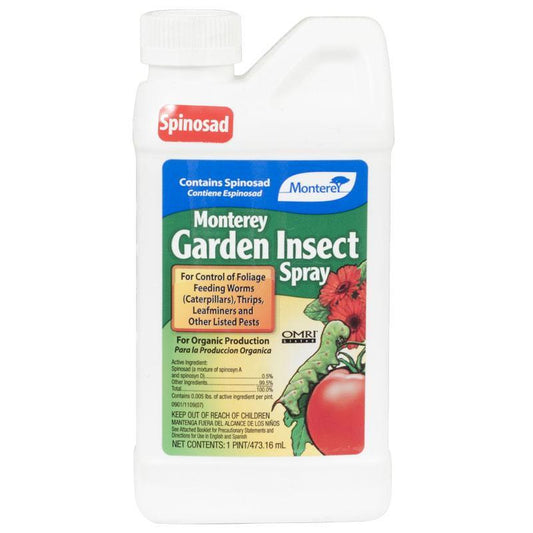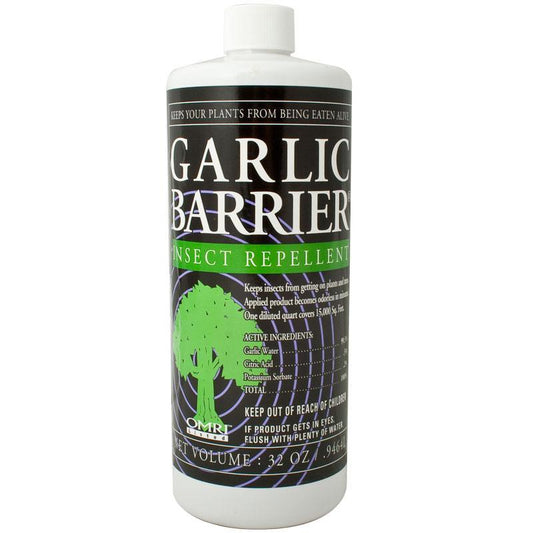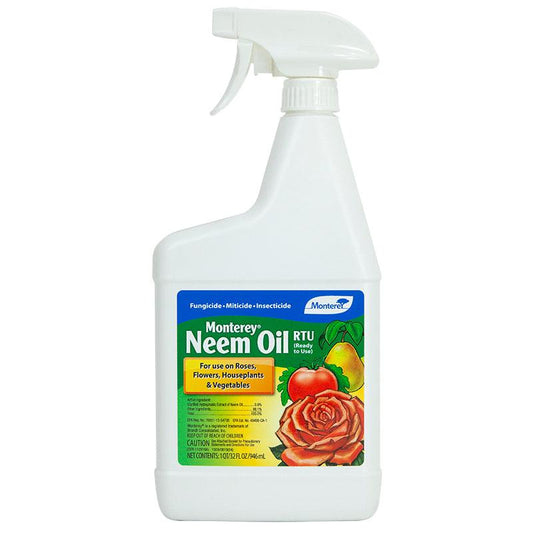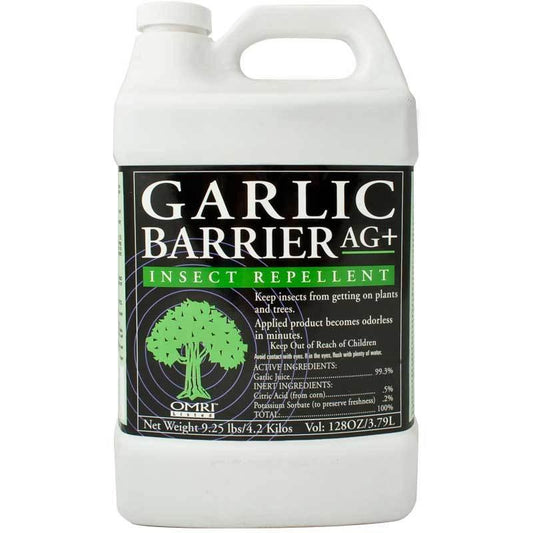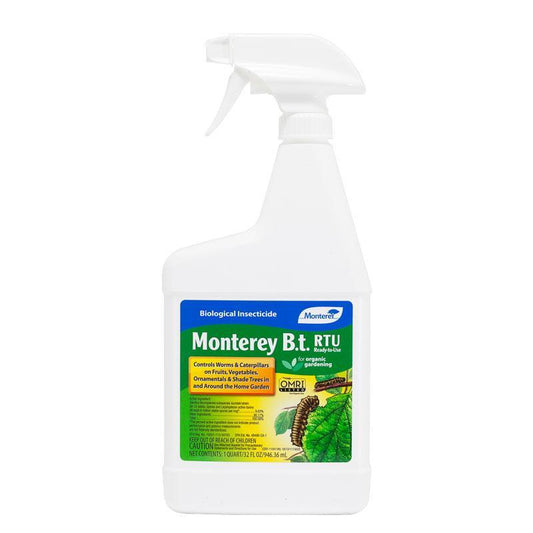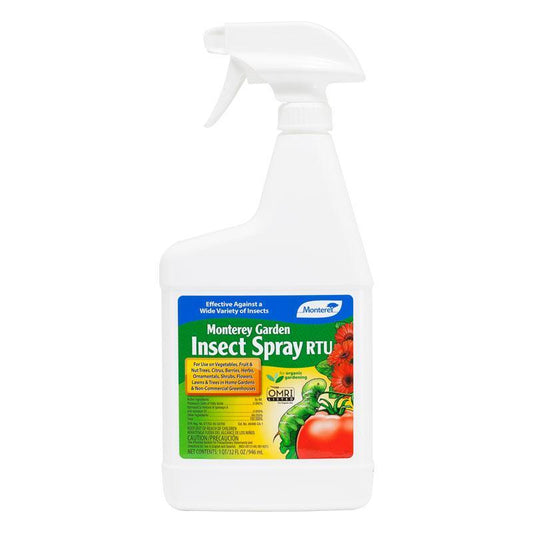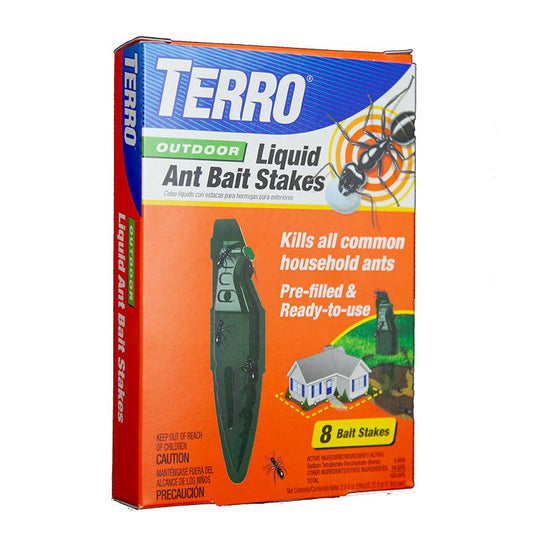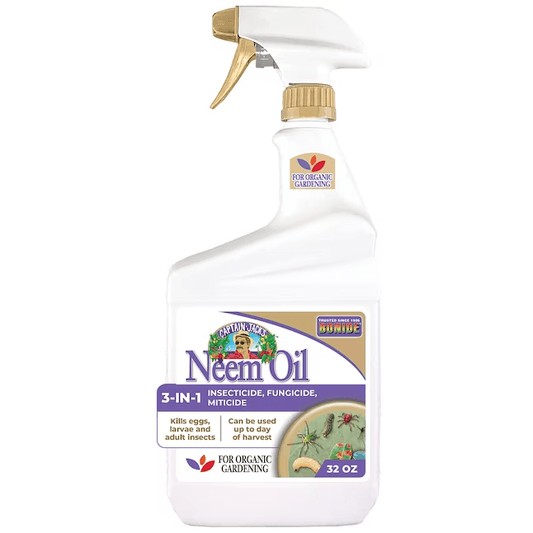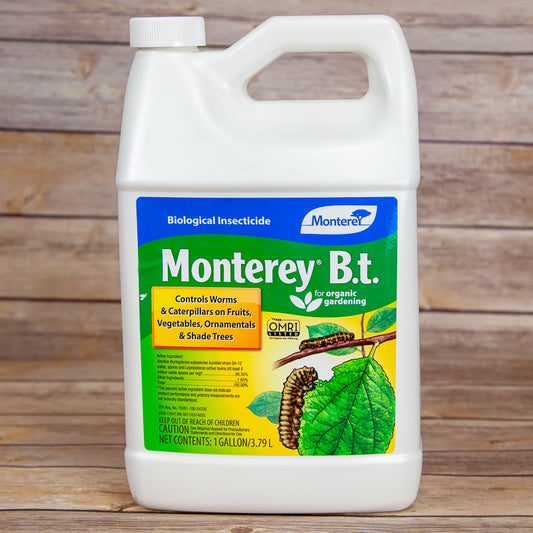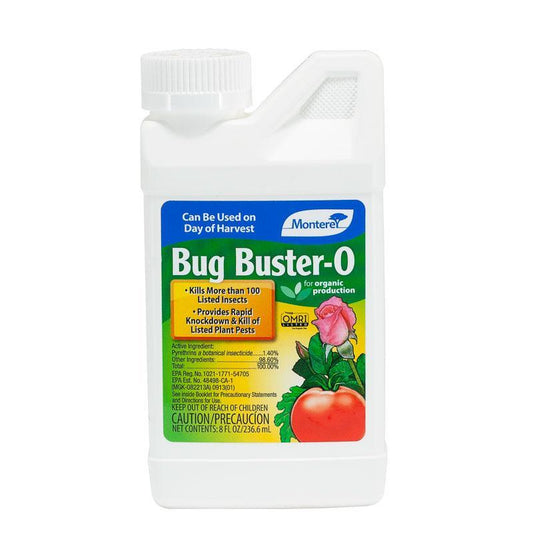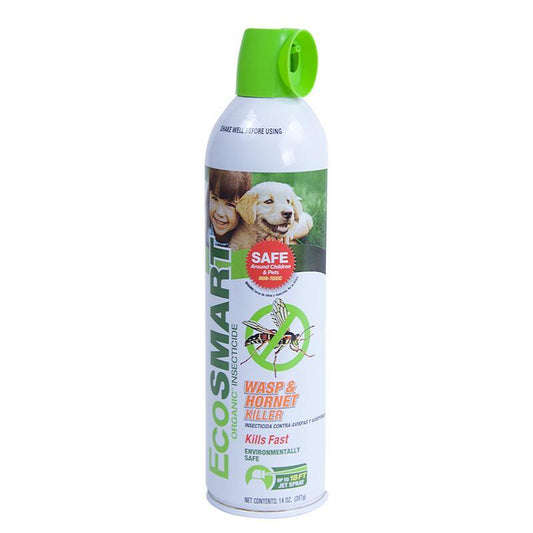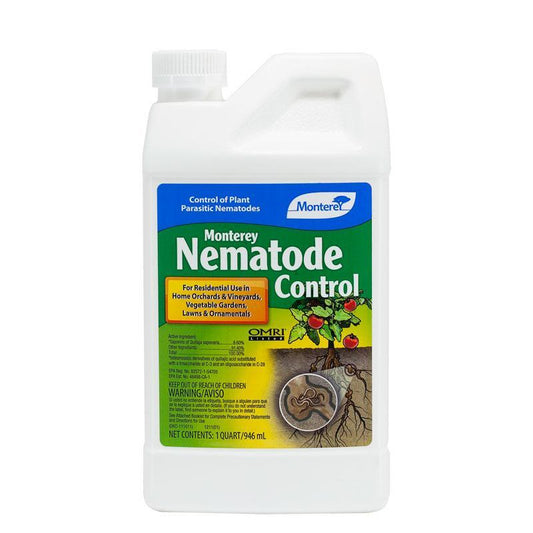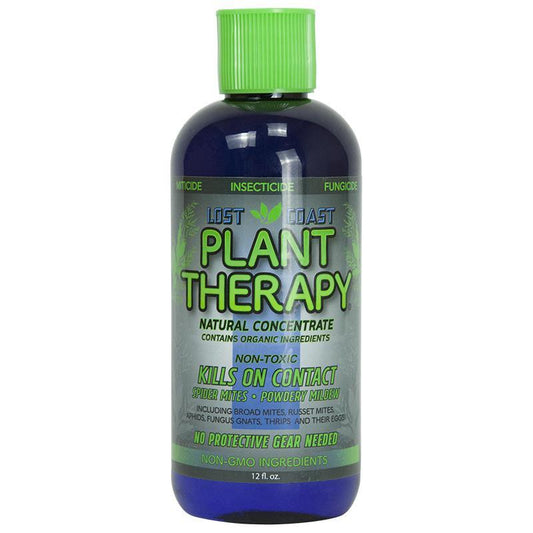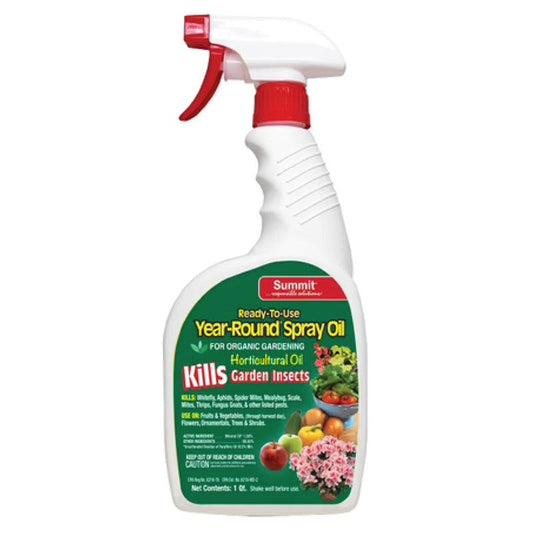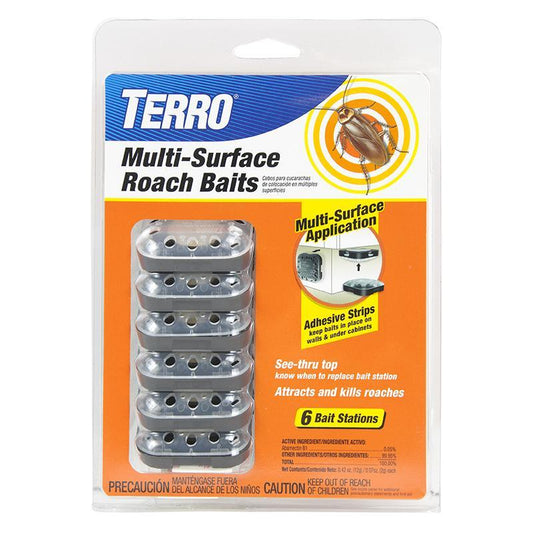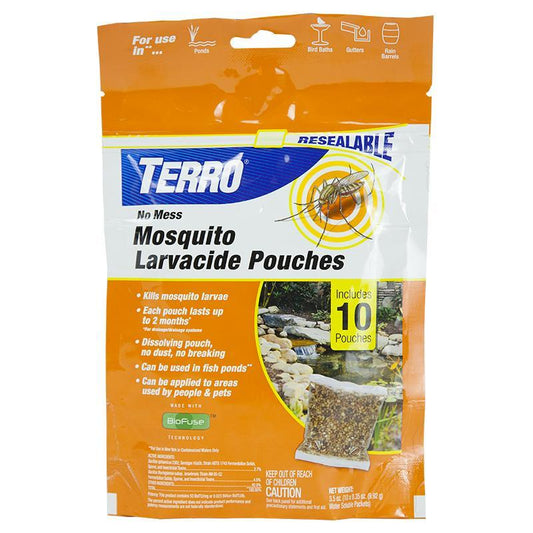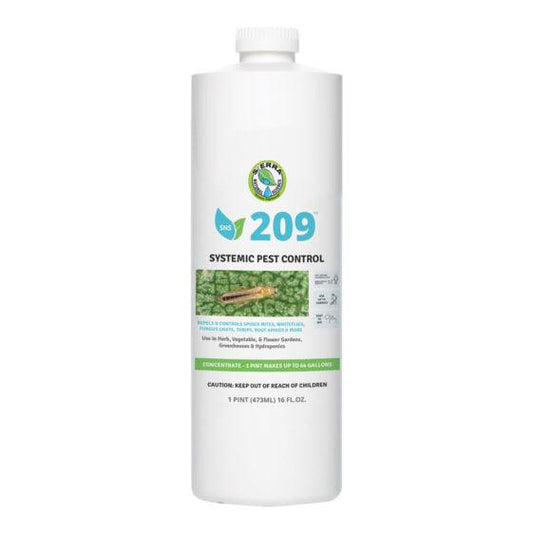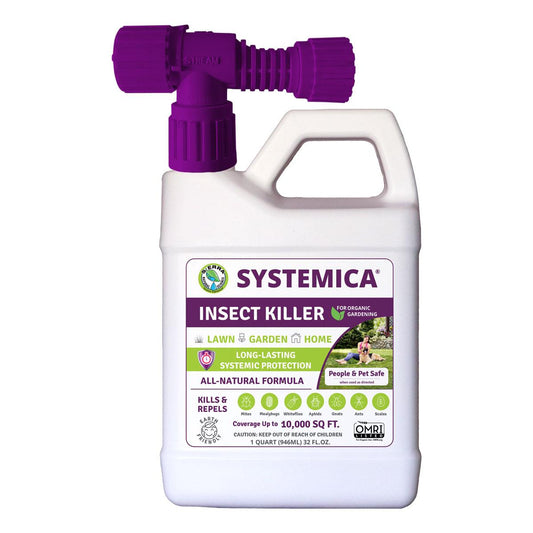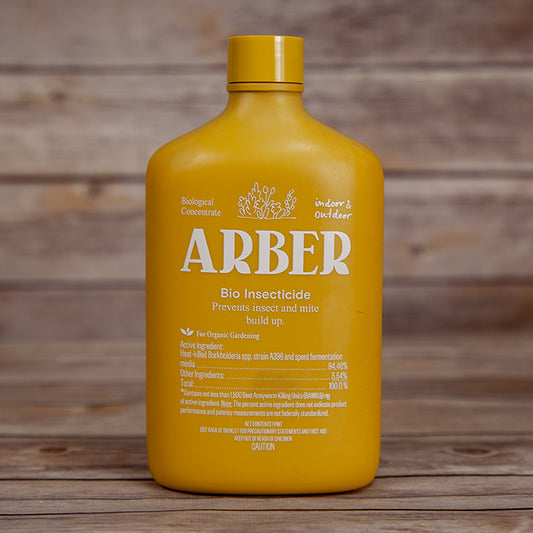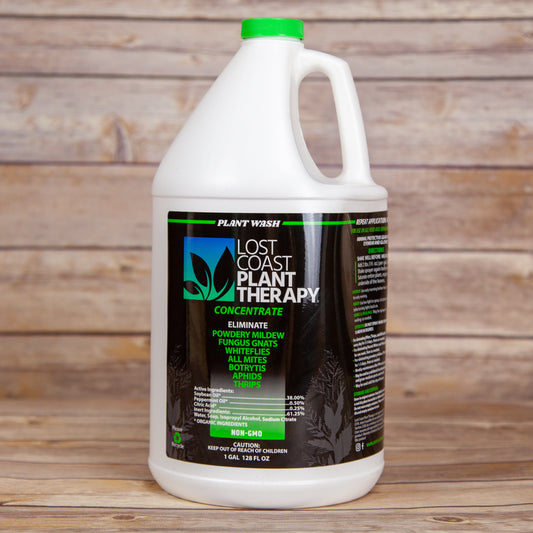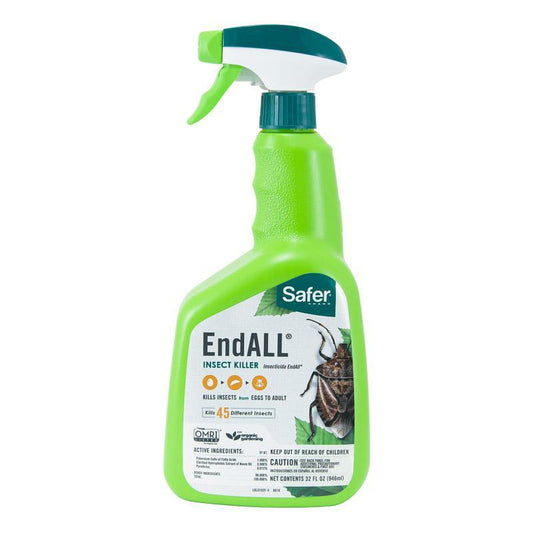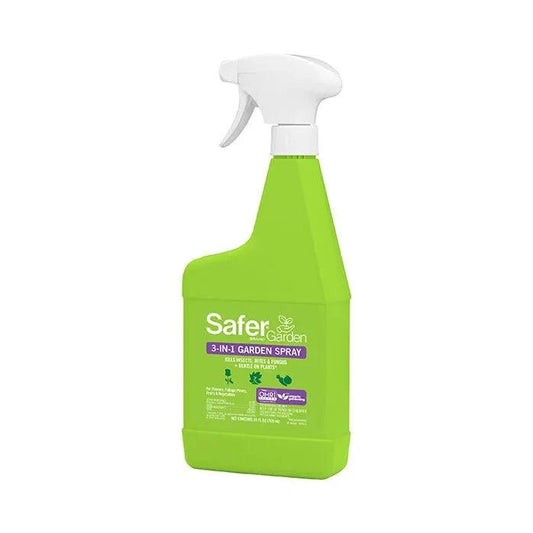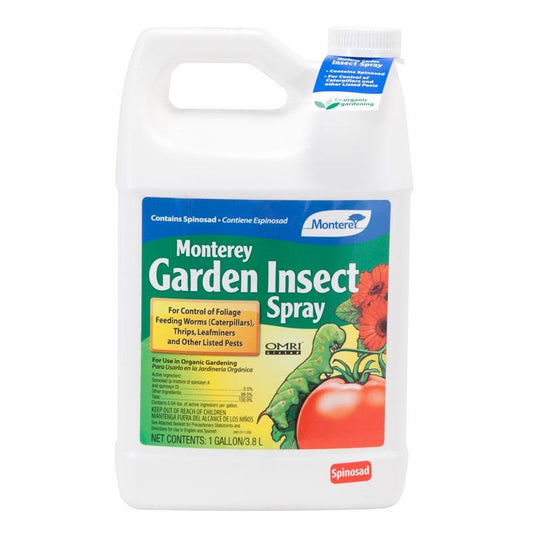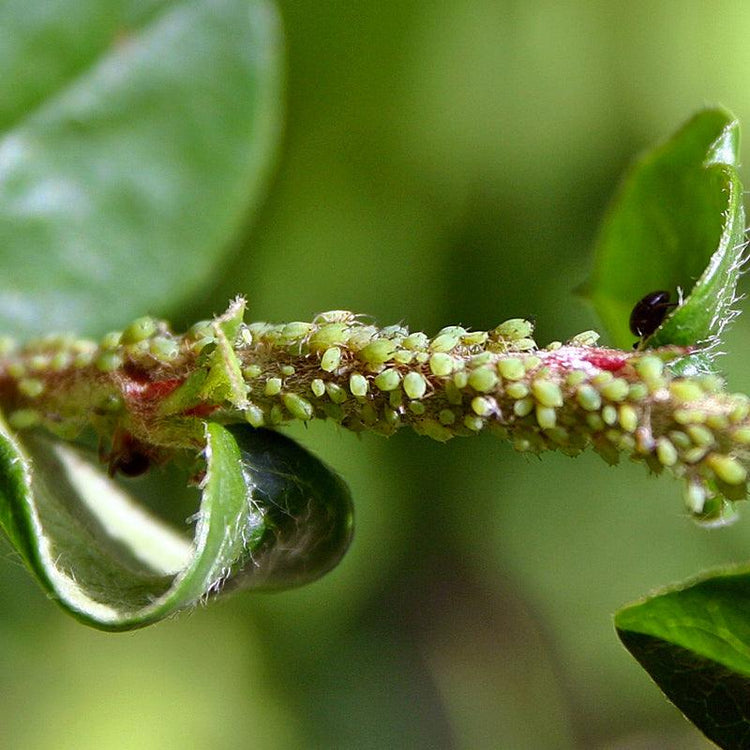Overview of Organic Pest Control
Organic pesticides offer a sustainable, eco-friendly solution for managing pests in home gardens and on farms. Products such as neem oil, insecticidal soaps, and diatomaceous earth are among the best organic pesticides for vegetables, effectively targeting pests without harming beneficial insects or disrupting ecosystems. These organic pesticides for garden use meet the standards of the USDA’s National Organic Program. Combined with natural methods like companion planting and DIY treatments, they allow gardeners to grow healthy, organic food naturally. Always follow product labels for safety and effectiveness.
Benefits of Choosing Organic Pesticides
Using organic pesticides helps protect plant health, soil quality, pollinators, and wildlife. Options like natural pesticides—including neem oil, insecticidal soap, and diatomaceous earth—target common pests such as aphids, tomato hornworms, spider mites, mealy bugs, and leaf miners while sparing beneficial insects like wasps and ladybugs. These garden safe pesticides reduce chemical exposure for humans and pets and are ideal for anyone practicing organic gardening. Many gardeners also use mild soap sprays or DIY solutions to minimize environmental impact while maintaining crop health.
Types of Organic Pesticides
Organic pesticide options vary by source and action. Common categories include:
Bacillus thuringiensis (Bt)
Bt is a naturally occurring bacterium effective against caterpillars and worms (Lepidoptera larvae). It only activates in insects with alkaline guts and biodegrades quickly in sunlight, minimizing impact on non-target species like monarch butterflies. Bt is widely used in organic farming and is a trusted organic pesticide for vegetables.
Biological Insecticides
These organic pesticides are made from beneficial bacteria or fungi that target specific pests like caterpillars, fire blight, fungus gnats, and grasshoppers. They are safe for humans, animals, and pollinators. For best results, apply in the morning or late afternoon with slightly acidic water (pH 5–6).
Botanical Insecticides & Fungicides
Plant-derived natural pesticides like pyrethrin, rotenone, and sabadilla act fast and degrade quickly. Though safer than synthetic chemicals, they can harm beneficial insects if overused and should be reserved for serious infestations. Always wear protective gear and follow label instructions closely.
Neem-Based Products
-
Neem Extracts: Azadirachtin, from neem tree seeds, interferes with insect growth and feeding. It's effective against a wide range of pests, though it may affect some beneficial insects. Use with caution.
-
Neem Oil: A broad-spectrum organic pesticide that also acts as a fungicide and miticide. It suffocates soft-bodied insects like whiteflies and aphids on contact and prevents fungal growth. Apply during low bee activity.
Oil-Based Pesticides
These garden safe pesticides smother overwintering pests like aphids, scales, and mites. Often used as dormant sprays or during growing season, they are effective but may not be necessary for small gardens without severe pest issues.
Pyrethrins
Extracted from chrysanthemum flowers, pyrethrin is a powerful natural pesticide with a “knock-down” effect that dislodges and kills a wide range of pests including beetles, fleas, and mosquitoes. While toxic to fish and mildly harmful to beneficial insects, it is considered one of the safest botanical options. Avoid formulations with piperonyl butoxide (PBO) if adhering strictly to organic certification.
Spinosad
A fermented bacterium-based organic pesticide that targets worms and other chewing insects. It has low toxicity to humans and most beneficial insects, making it ideal for organic pesticides for garden and vegetable use.
Environmental and Safety Considerations
When using organic pesticides, prioritize those that are pest-specific and safe for pollinators, pets, and soil life. Homemade sprays made with neem oil or mild liquid soap can control pests like mealy bugs and spider mites without synthetic chemicals. Wear gloves during application and avoid spraying during pollinator activity to maintain a healthy ecosystem.


